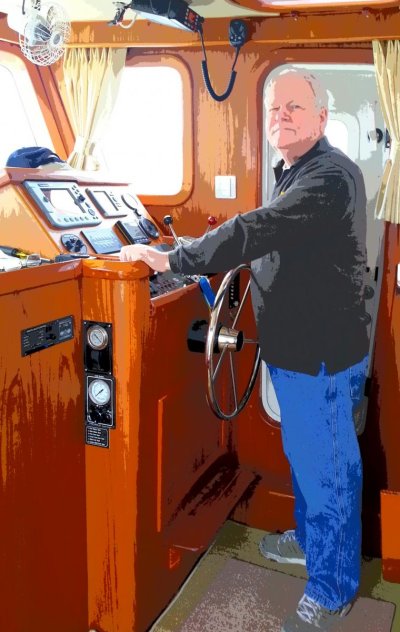Capt Kangeroo
Senior Member
Thanks to all, the feedback is much appreciated although some of it is far too much for my poor 70 yr old brain to process. I think I have established my shopping criteria as pertains to the engines. I still lean toward diesels as our intended cruising will be long and slow but will entertain gas if under 500 - 600 hrs in the otherwise identical boat. All other issues aside, my logic, as many have pointed out here, is that either type is likely to outlive me with proper care. A lower hour gas engine may somewhat offset the reliability / longevity advantage that diesels have. Now if I can only find one in decent condition that has spent it's life in freshwater.



